Optimal Timing for Windows Installations
Determining the best time for Windows installations involves considering various factors such as weather conditions, system readiness, and user schedules. Proper timing ensures minimal disruption and optimal performance. Typically, scheduling during periods of stable weather and when system updates are less frequent can lead to smoother installations.
Installing Windows during stable weather avoids interruptions caused by storms or extreme temperatures, especially for installations requiring outdoor work or hardware setup.
Choosing a time when the system is not heavily used ensures the installation process is not disrupted and can be completed efficiently.
Scheduling during off-peak hours or weekends minimizes impact on daily activities and allows for thorough setup and testing.
Timing installations when software updates are less frequent helps prevent conflicts and ensures compatibility.

Technicians performing Windows installations in a controlled environment.

Calendar with marked dates for planned Windows installations.
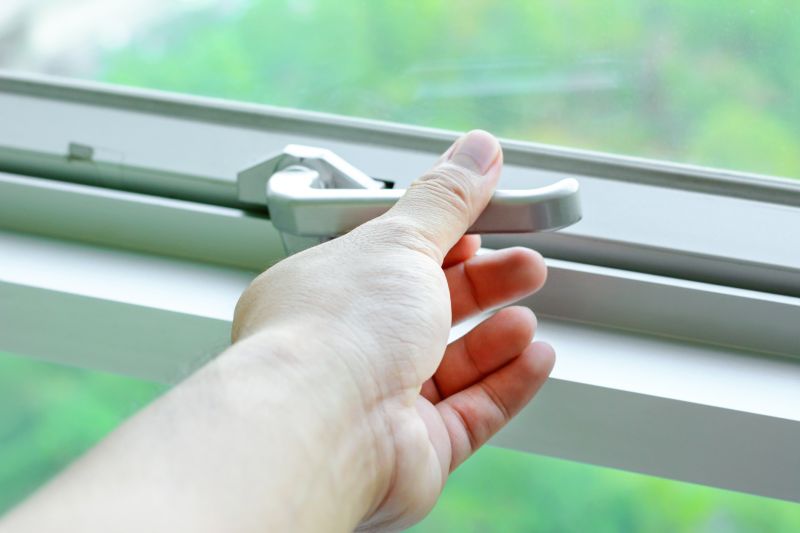
Preparing hardware components for Windows setup.
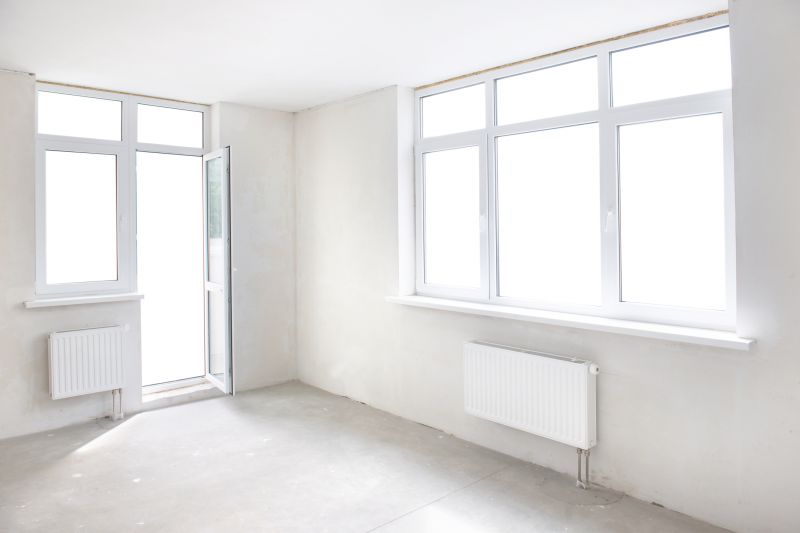
Ways to make Windows Installations work in tight or awkward layouts.

Popular materials for Windows Installations and why they hold up over time.

Simple add-ons that improve Windows Installations without blowing the budget.

High-end options that actually feel worth it for Windows Installations.
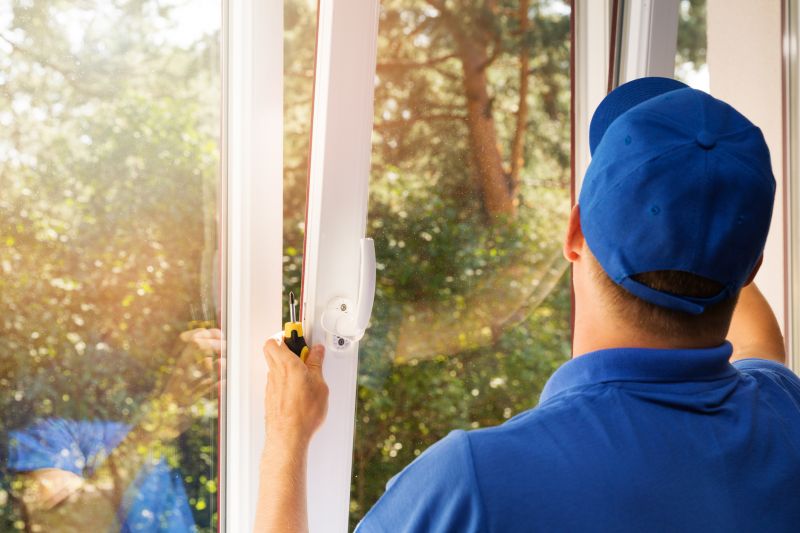
Finishes and colors that play nicely with Windows Installations.
| Aspect | Best Timing Considerations |
|---|---|
| Weather | Choose periods with mild and stable weather conditions. |
| System Usage | Schedule during low activity times to avoid disruptions. |
| Software Updates | Align with times when updates are less frequent. |
| Business Hours | Opt for weekends or evenings to minimize operational impact. |
| Hardware Compatibility | Ensure hardware is available and ready before scheduling. |
| Technical Support Availability | Select times when support staff are readily available. |
Windows installations are a crucial part of maintaining and upgrading computer systems. Proper timing can significantly impact the efficiency and success of the process. Considering environmental conditions, system usage patterns, and support availability helps ensure a smooth transition. Regular updates and hardware checks contribute to system stability and performance.

Professional performing Windows setup on a desktop.

Preparing hardware for Windows installation.
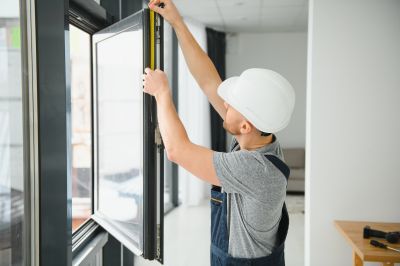
Configuring system settings post-installation.

User workspace during or after Windows installation.
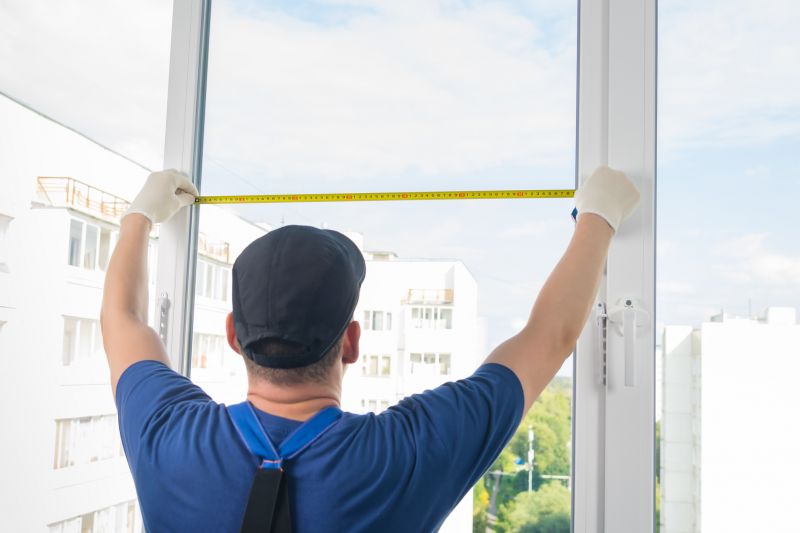
Little measurements that prevent headaches on Windows Installations day.

A 60-second routine that keeps Windows Installations looking new.
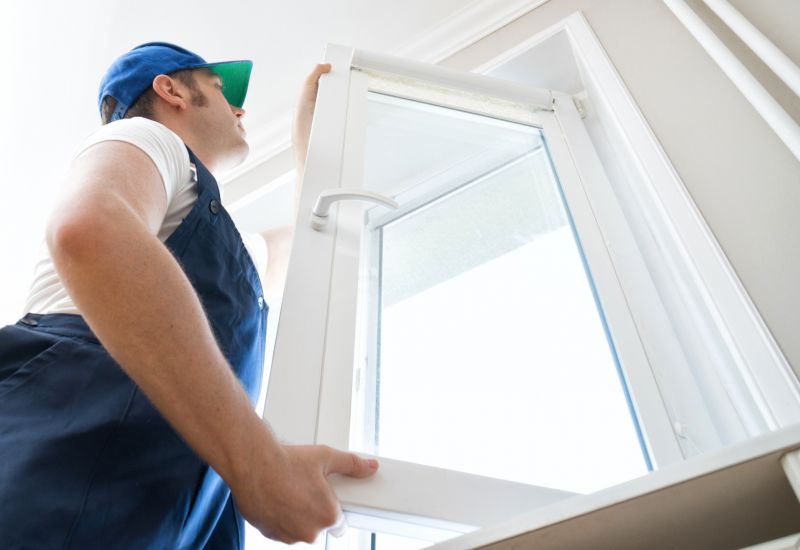
A frequent mistake in Windows Installations and how to dodge it.

Small tweaks to make Windows Installations safer and easier to use.
For those interested in scheduling Windows installations, filling out a contact form provides a straightforward way to coordinate timing. Proper planning ensures the process is efficient, with minimal downtime and optimal system performance.

